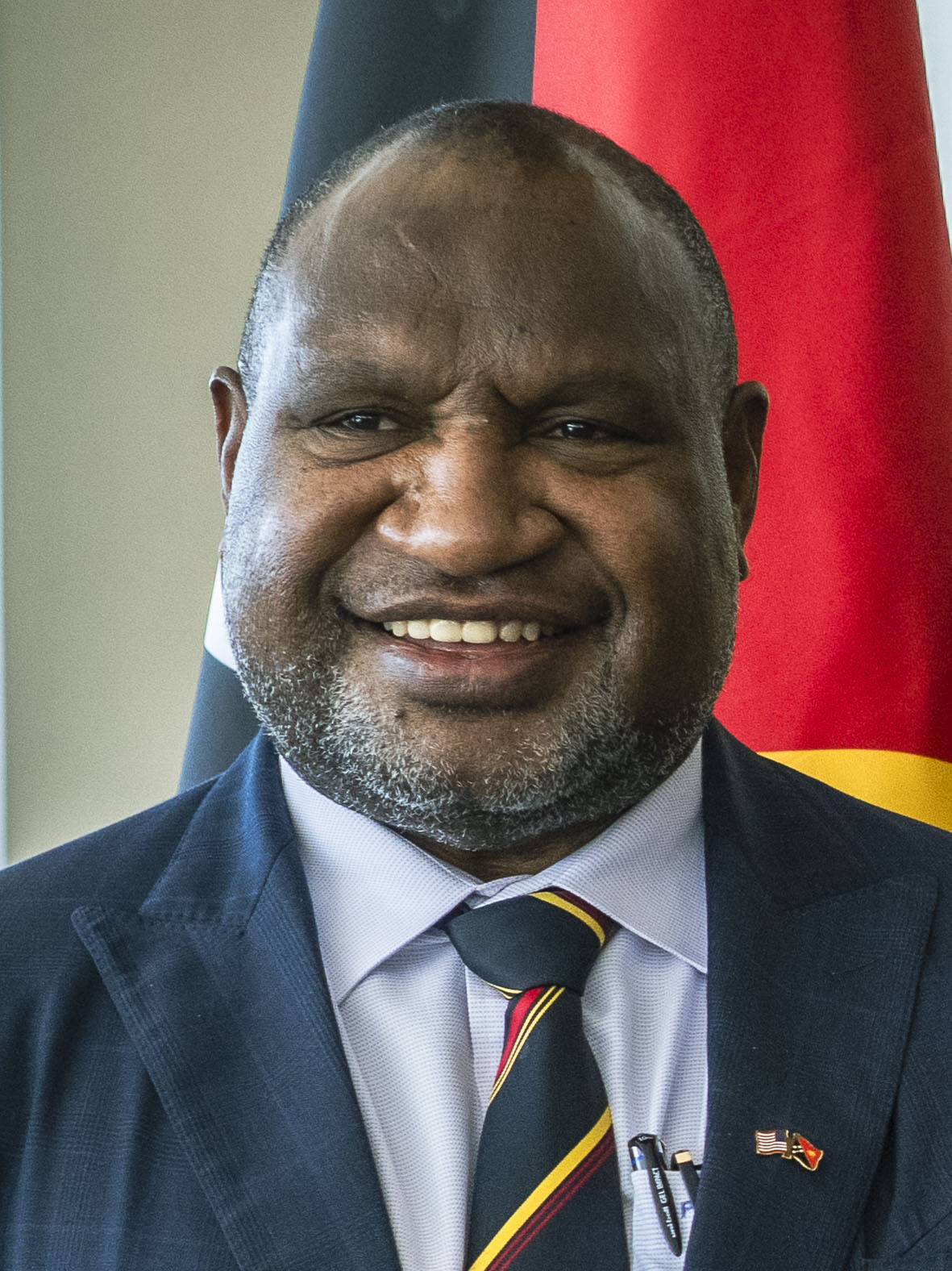SYDNEY, (Reuters) – Papua New Guinea Prime Minister James Marape says his nation does not deserve to be labelled cannibals, and urged the U.S. to clear up the remnants of World War Two littered across the Pacific, after remarks by President Joe Biden last week about his missing serviceman uncle.
Biden had “appeared to imply his uncle was eaten by cannibals after his plane was shot down over PNG during WWII”, Marape’s office said in a statement late on Sunday.
“President Biden’s remarks may have been a slip of the tongue; however, my country does not deserve to be labelled as such,” Marape said.
The comments come amid competition for influence between the United States and China in Papua New Guinea and the wider Indo-Pacific region, which saw the U.S. sign a defence cooperation agreement with PNG last year, while Chinese Foreign Minister Wang Yi met with Marape in Port Moresby on Sunday.
In an emailed response when asked to comment on Marape’s remarks, a spokesperson for the U.S. State Department said the U.S. “respects the people and culture of Papua New Guinea and remains committed to furthering respectful relations between our democracies.”
It said Biden had highlighted his uncle’s story “as he made the case for honoring our sacred commitment to equip those we send to war.”
The spokesperson referred to “shared sacrifices” by the U.S. and PNG in World War Two and praised the “resilience, courage, and commitment to democratic ideals” of its people. It called the country “a regional leader with diverse cultures.”
In his statement, Marape urged the White House “to look into cleaning up these remains of WWII so the truth about missing servicemen like Ambrose Finnegan can be put to rest.”
Biden has previously cited his personal connection with Papua New Guinea’s wartime history on visits to Australia, telling the story of Finnegan, his uncle who died in a plane crash in May 1944.
Biden raised the possibility Finnegan might have fallen victim to cannibals after visiting a memorial to war missing in Pennsylvania.
Historians say Papua New Guinea was crucial to the U.S. drive across the Pacific to liberate the Philippines in World War Two, while Australia has said the wartime history showed the renewed strategic importance of its northern neighbour.
The impact of the war remains sensitive among Pacific Islanders, however.
Marape said his nation was “needlessly dragged into a conflict that was not their doing”.
Papua New Guinea and Solomon Islands remain littered with wartime human remains, plane wrecks, ship wrecks and tunnels, as well as leftover bombs that were still killing people, he said.
China has a security pact with PNG’s neighbour, the Solomon Islands, and Wang Yi met with Marape to discuss building closer economic ties. Anthony Albanese, the Prime Minister of U.S. ally Australia, arrives in PNG this week to commemorate World War Two history.





